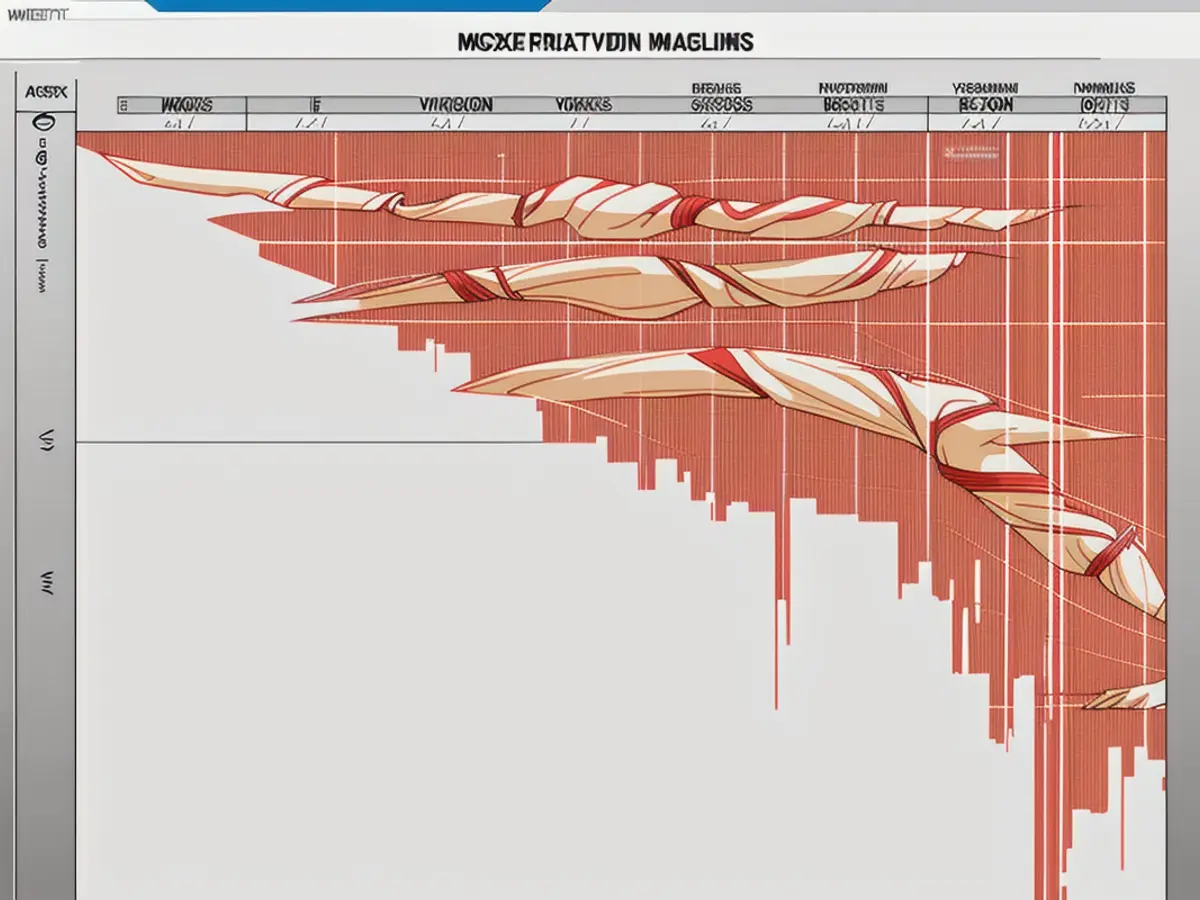anticipating 2025: capital markets will address Federal Reserve's irregularities.
It's time for a shift. The flawed ideas and actions have had their run. Once more, the evident discrepancies are surfacing. Consequently, the distorted surroundings are set to generate profits from investment based on factual insights.
What are these discrepancies then?
To begin with, it's crucial to acknowledge that the Federal Reserve is not an infinite font of knowledge nor an infallible prognosticator. Rather, it periodically commits expensive blunders.
The 18-year tenure of Ben Bernanke, Janet Yellen, Jerome Powell has been particularly detrimental. Their monetary policy actions considerably impacted capitalism's core strength: the capital markets' pricing mechanism (interest rate decisions) between lenders and borrowers.
Most adversely affected have been the trillions of dollars saved by individuals, conservative investors, funds, corporations, non-profit organizations, and state/local governments seeking a secure, risk-free income. Note the emphasis on "risk-free." This implies a payment that at least offsets inflation (a decrease in a currency's purchasing power). This is a vital expectation of lenders, making it a critical indicator of capital market effectiveness. However, the Federal Reserve undermined this necessity by keeping the risk-free interest rate artificially low at 0% for years, depleting savings, compelling spending, and jeopardizing entities such as insurance companies and pension funds that relied on a genuine return to fund future payments.
The magnitude of decimal depreciation caused by the Fed...
So, why did the Federal Reserve enforce 0% rates? Because it thought that the money would be utilized for capital improvements, economic growth, and job creation. However, cheap credit simply allowed the U.S. government, large corporations, hedge funds, private equity funds, and wealthy individuals to enhance their prosperity. Once the promised benefits didn't materialize, Ben Bernanke did not abandon his experiment but extended the 0% rates. He also increased the money supply, causing inflation (which he referred to as quantitative easing).
After Bernanke's tenure, Janet Yellen served four years, barely increasing the interest rate. Then came Jerome Powell, who committed numerous blunders. Most harmful were his prolonged 0% interest rate and substantial money supply expansion during the Covid period, despite the emergence of inflation.

And that's not the only damage done. The years of the Fed defending its actions in a favorable light has misinformed investors. While a corrected capital market can help re-educate, it will likely be a lengthy and uncertain process.
The final judgment: Circumstances are evolving
First, there's more criticism of the Fed's mistakes now. This is a beneficial educational step, as it warns the Fed that it no longer holds unrestricted power to take any action it prefers.
Second, the capital markets are exhibiting greater autonomy once more, with long-term rates returning to their usual positions. Consequently, Wall Street is forced to evaluate risk and reward with less regard for the Federal Reserve's potential actions.
Third, numerous pockets of optimism are disregarding fundamental factors. Restoring capital market-based analysis will reduce excessive pricing.
Fourth, there are still many companies teetering on the brink. Some speculators have found amusement in them, but such amusement is always fleeting.
In light of the Fed's historical mistakes, such as artificially low interest rates and excessive money supply expansion, investor education becomes increasingly important by 2025 outlook. This education is necessary to restore the effectiveness of capital markets, which have been heavily influenced by the Federal Reserve's actions. Wall Street, too, must adapt to the changing landscape, no longer relying on the Fed's potential actions for risk and reward assessments but instead relying on fundamental analysis.




